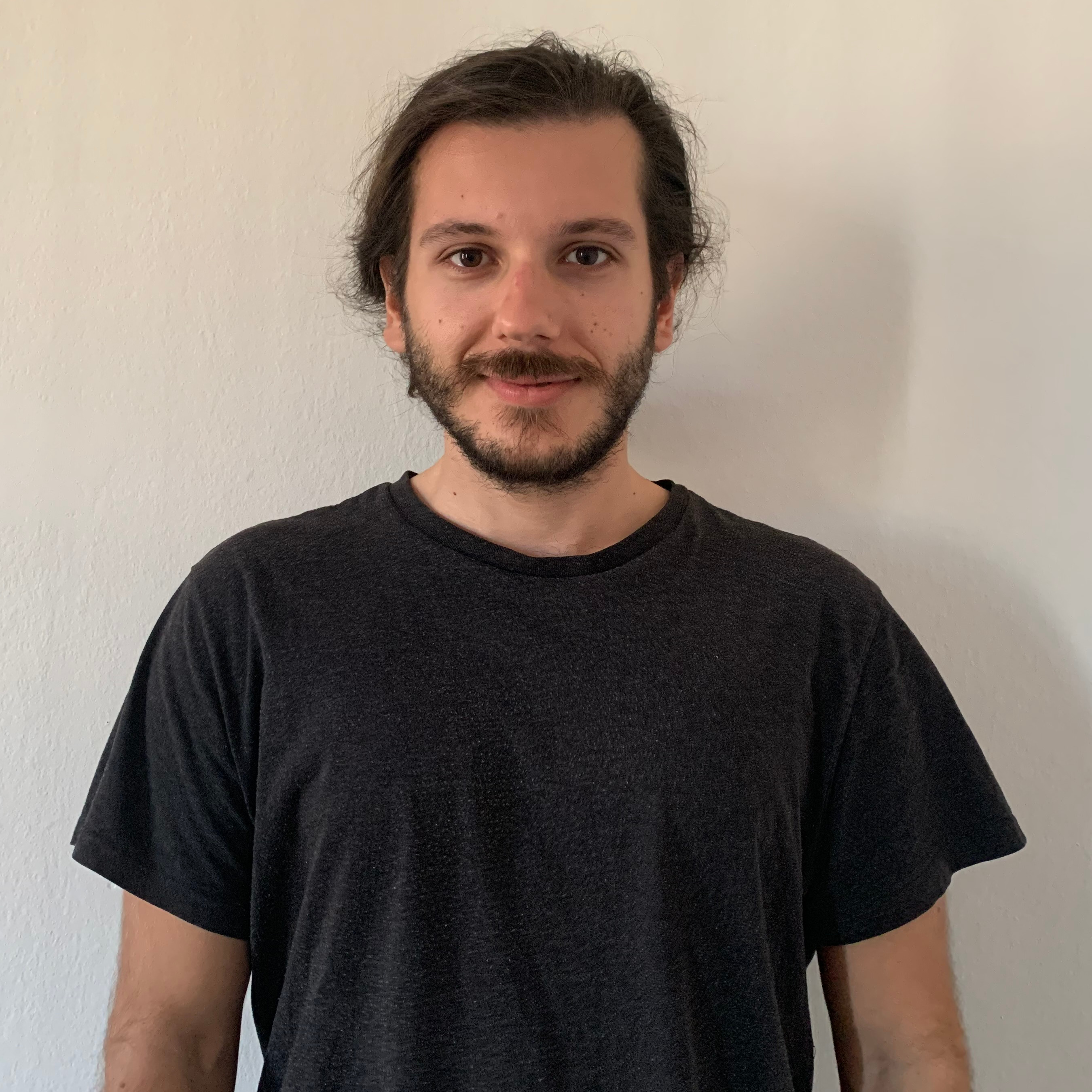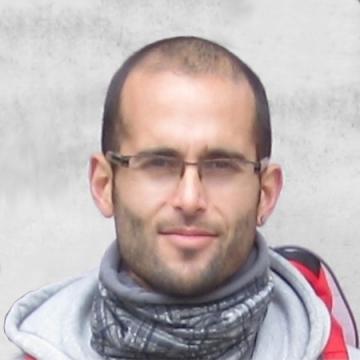A Project coordinated by IIIA.
Principal investigator:
Collaborating organisations:
University College Dublin, Universaita Degli Studi di Milano, Vrije Universiteit Brussel, The Babraham Institute, Euvitro SLU, Universiteit Gent, Cherry Biotech, Forschungsverbund Berlin EV, Region Hovedstaden
The hallmark of successful mammalian reproduction is the fusion between a haploid spermatozoon and a metaphase II oocyte. The generation of such an oocyte involves a series of steps whereby germinal-vesicle oocytes (in which the nuclei are intact) at prophase I are stimulated to resume meiosis and mature to metaphase II, a sequence of events that prepares the oocyte for fertilization. Although the treatment of infertility by Assisted Reproduction Technologies (ART) has been increasingly successful, the efficiency remains low with only about 1 in 10 eggs retrieved from women undergoing infertility treatments healthy enough to produce a pregnancy and birth. In healthy fertile livestock species, where ARTs are applied for production purposes this number increases to 1 in 6 eggs retrieved, which is still remarkably inefficient. The greatest block to advancement, is the substantial lack of knowledge on the key regulatory checkpoints and processes that determine oocyte health. Such knowledge is key not just to treating infertility and maximising livestock genetic potential and productivity, but also to the field of regenerative medicine, where the reprogramming potential of the oocyte cytoplasm is critical to reprogramming somatic genomes. The EUROVA ETN will train a consolidate European Oocyte Biology Research, train a new cohort of Reproductive scientists and generate new knowledge. A deeper knowledge and understanding of the mechanisms set in place during the trajectory of oocyte growth, maturation, fertilization and oocyte to zygote transition will lead to innovations in ART, animal breeding, endangered species preservation, regenerative medicine and reproductive toxicology.

Scientific Researcher

PhD Student

Lecturer

